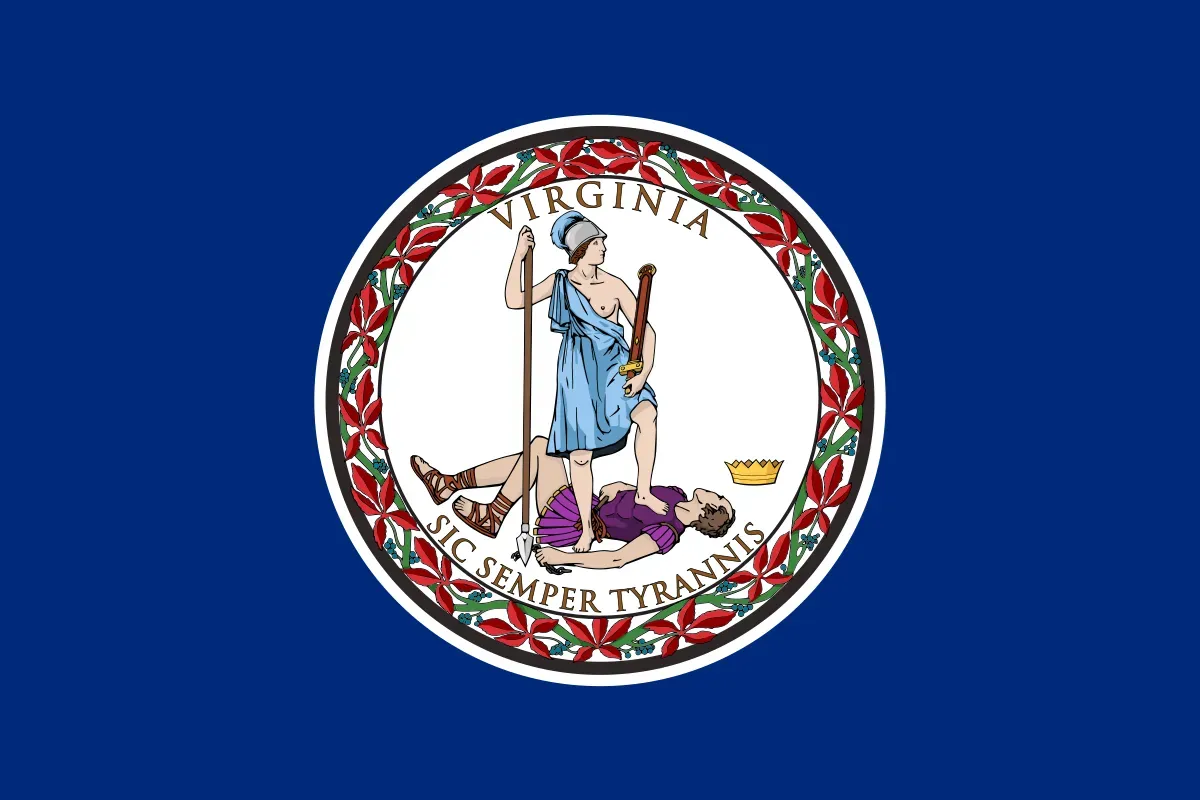Virginia joins push to break Google’s search monopoly
Attorney General Jason Miyares backs sweeping remedies to restore competition, including browser divestiture and consumer education campaign.

Attorney General Jason Miyares backs sweeping remedies to restore competition, including browser divestiture and consumer education campaign.
